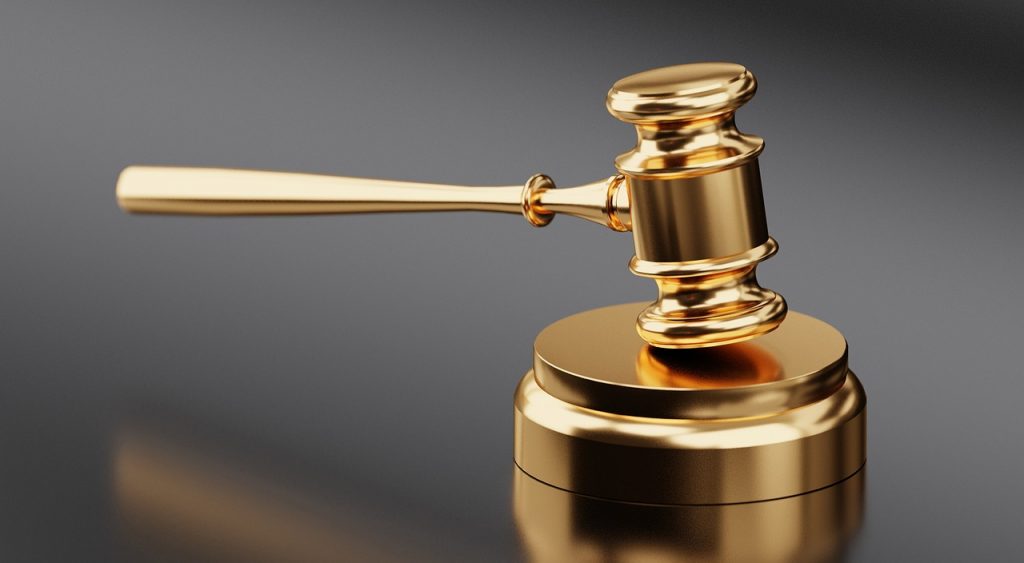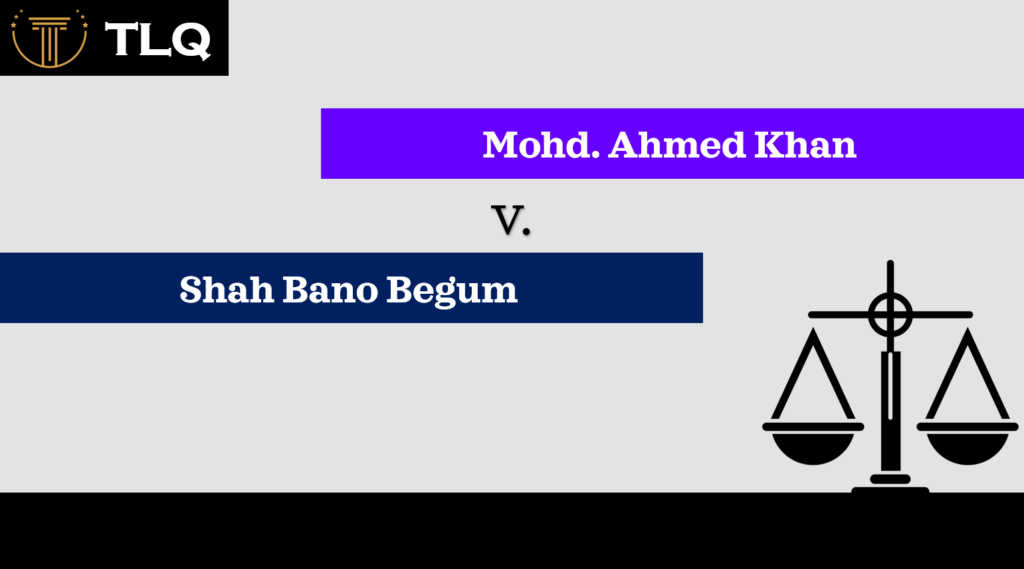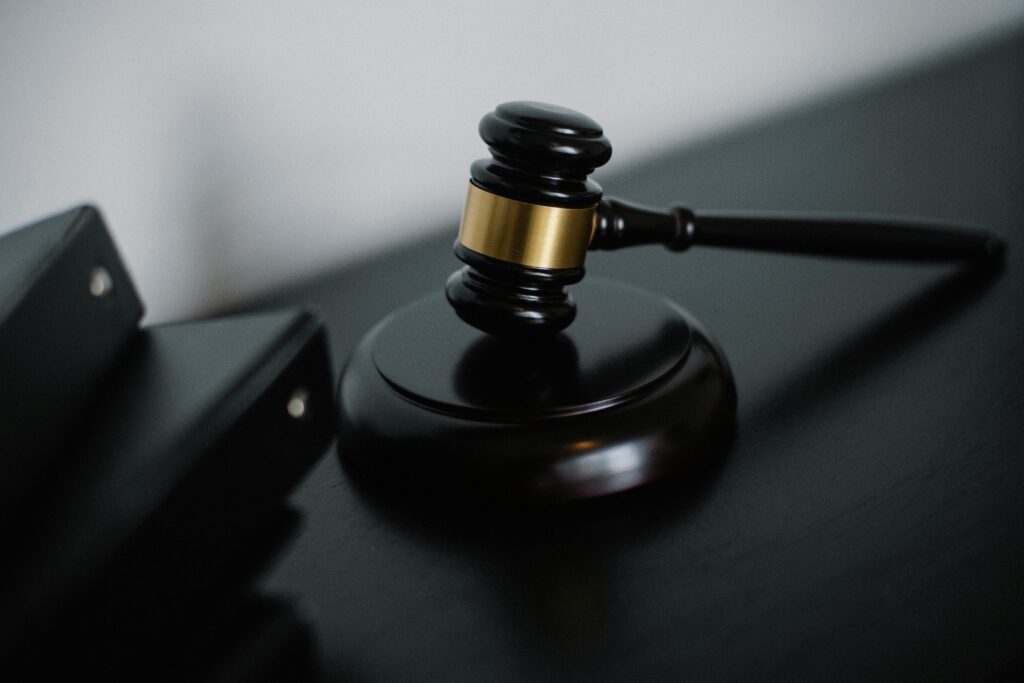Published On: Novemeber 19th 2025
Authored By: Madhura Karmakar
Jogesh Chandra Chaudhuri Law College (University of Calcutta)
CITATION: 2011 SCC ONLINE SC 504
COURT: THE SUPREME COURT OF INDIA
BENCH: J. P. SATHASIVAM,
J. B.S. CHAUHAN
DATE OF JUDGEMENT: 18TH MARCH 2011
RELEVANT PROVISIONS:
- Article 15(3): state has the power to make special laws for women and children
- Article 21: right to life
- Article 21A: every child shall be entitled to free and compulsory education
- Article 23: prohibition of human trafficking
- Article 24; no child shall be employed below the age of fourteen years
- Article 45: state shall provide early childhood care and education for all children
- The Juvenile Justice Act, 2015: protection of children
BRIEF FACTS:
- The Anchorage Shelter Home, Colaba, Maharashtra was set up by Duncan Grant in 1995 where Alan Waters was a frequent visitor. Two of them sexually abused children for many years in the home.
- On October 2001, the ChildLine received a call from the volunteer of Anchorage home about such harassment of children.
- ChildLine filed a police complaint along with the street children about the atrocities going on in the shelter.
- The sexual abuse of boys was brought to the notice of Adv. Maharukh Adenwalla who works on issues of child rights.
- Investigation revealed that Grant and Waters were sexually abusing children and the Anchorage home served as a hub of paedophiles for foreigners.
- Both of them were arrested and were convicted by the Mumbai Sessions Court on the charges of sodomy and sexually abusing minors. They were sentenced for six years in prison and a fine of Rs. 20,000/- each under Sections 120B, 107,373 and 377 of IPC.
- The accused challenged the verdict of the trial court in an appeal in the Bombay High Court which lead to their acquittal in 2008.
- An appeal was filed by the ChildLine India Foundation and the Maharashtra government against the judgement of trial court.
- The Supreme Court upheld such appeal and sentenced Duncan and Walter to finish their time in jail.
ISSUES:
- Whether the order passed by the Bombay High Court be upheld?
- Whether the acquittal of the respondents valid?
CONTENTIONS OF THE APPELLANT:
- The appellant challenged the rulings of the Bombay High Court for consideration of the acquittal of the accused.
- The High Court dismissed the order of the trial court due to lack of evidence. Is it valid?
- Are the allegations of the prosecution witnesses credible?
- Are the statements recorded by the victims not enough to serve as evidence?
CONTENTIONS OF THE RESPONDENT:
- The appeal filed to the Court of Sessions gave no relief, so a revision was filed in the High Court which overturned such conviction.
- The sole reason for ordering such acquittal by High Court was due to lack of evidences.
- The senior counsel argued that the testimony of the two children taken, does not reside in the shelter. For such reasons, their statements do not serve as evidence for such case.
JUDGEMENT:
The Supreme Court restored the conviction passed by the trial court and mentioned that there is no need of further imprisonment. It set aside the acquittal given by the Bombay High Court.
OBSERVATION OF THE COURT:
The Supreme Court quoted that children are the greatest gift to humanity and sexual abuse of such children are considered as a heinous crime. The Constitution provides for a happy and healthy childhood to children, free from all types of crimes against them. Article 15(3) of the Constitution vested the power on states to make laws for the protection of children. The term ‘life’ under Article 21 includes basic educational rights. Article 23 provides prohibition of human trafficking. Article 24 provides that children below the age of fourteen shall not be employed anywhere.
GUIDELINES:
- Article 39 of the Indian Constitution dealing with the Directive Principles of State Policy provides for the protection of children where the State must ensure that children of tender age shall not be abused in any form.
- Article 45 of the Indian Constitution provides that the state shall make necessary arrangements for early childhood care and free and compulsory education up to the age of fourteen years.
- The Juvenile Justice Act, 2015 was enacted for the protection of children and provide for their care, treatment and development.
- The Supreme Court already issued certain directions in the case of Vishal Jeet v. Union of India (1990) for eradicating child prostitution and for setting up of rehabilitation homes accompanied by well trained workers, psychiatrist and doctors, which shall be complied with.
- There are several measures provided in our Constitution for the protection of children, and the government, from time to time made such new laws or amendments for the protection of children from sexual abuse and human trafficking.




